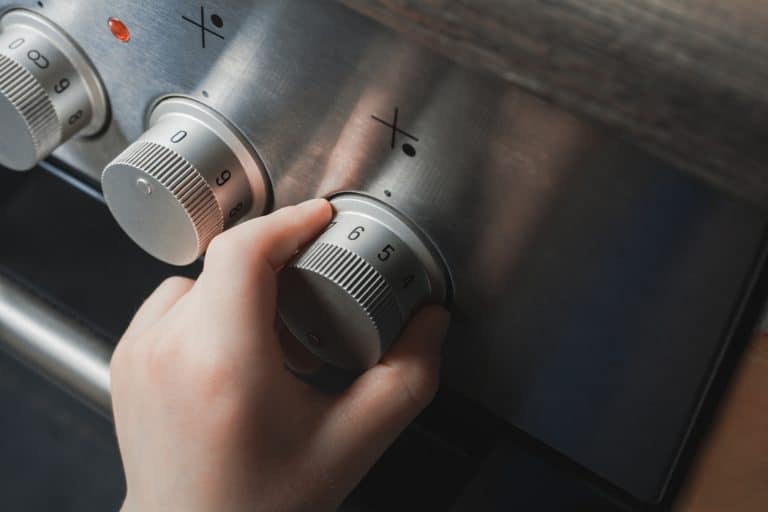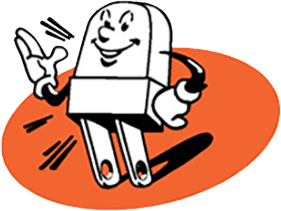As electricity bills continue to rise, it’s important to understand the electricity requirements of your major home appliances. Knowing how much energy each appliance consumes will help you to figure out how to use them more efficiently.
Below are the electricity requirements of some of the most common major home appliances.
Refrigerator
The refrigerator is one of the biggest energy consumers in a household. A typical refrigerator can use between 100 to 400 watts. The fridge’s age can significantly impact its energy consumption, as newer models are more energy-efficient.
Ensure the temperature is set correctly to reduce your refrigerator’s energy consumption. The ideal temperature for a refrigerator is between 37°F, and 40°F, while the freezer should be set at 0°F. Keeping the fridge and freezer full also helps to reduce energy consumption, as the contents help to maintain the temperature.
Oven
The oven is another major energy consumer in a household. A typical electric oven can use anywhere between 2,000 and 5,000 watts, depending on its size and whether it’s a conventional or convection oven. A convection oven tends to be more energy-efficient, as it circulates hot air to cook the food more quickly and evenly.
To reduce your oven’s energy consumption, you can:
- Use it less often.
- Consider using a toaster oven or microwave for smaller meals.
- Cook multiple dishes simultaneously.
Dishwasher
A dishwasher is a convenient appliance that can save time and energy compared to washing dishes by hand. Depending on size and features, a dishwasher uses 1,200 to 2,400 watts. Newer models tend to be more energy-efficient, using less water and energy to clean dishes.
To reduce the energy consumption of your dishwasher, only run it when it’s full. Use the energy-saving mode, if available, and avoid using the heated drying option. Instead, open the dishwasher after the wash cycle and let the dishes air dry.
Washing Machine
The washing machine is another major energy consumer in a household. Depending on its size and features, a washing machine can use between 350 and 500 watts. Newer models tend to be more energy-efficient, using less water and energy to wash clothes.
To reduce your washing machine’s energy consumption, you should:
- Only run it when it’s full.
- Use the cold water setting when possible.
- Avoid using the high-temperature setting unless necessary.
Dryer
The dryer is one of the most energy-consuming appliances in a household. An electric dryer can use anywhere between 1,800 and 5,000 watts. Most recent models use less energy and automatically terminate the cycle when the garments are dry, thanks to sensors.
To reduce the dryer’s energy consumption, be sure to:
- Air dry clothes whenever possible.
- Clean the dryer’s lint filter after each use.
- Use the moisture-sensing feature to stop the cycle when the clothes are dry.
Understanding the electricity requirements of your major home appliances can help you to make informed decisions on using them more efficiently. Following the tips outlined in this article can help you to reduce your energy consumption and save money on your electricity bills. If you’re a Boise, ID, resident, contact Sublime Electric for professional services, such as lighting service, today.


